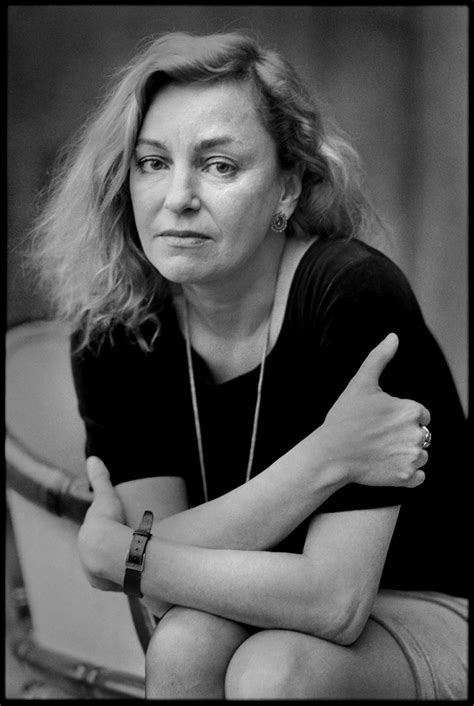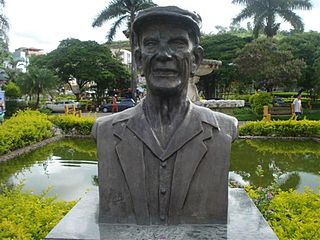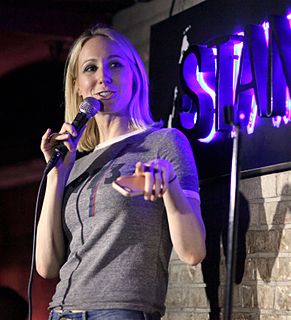A Quote by Marianne Wiggins
I don't remember being a child, and that's why I think I'm so child-like now in my unending curiosity and approach to life.
Related Quotes
I had an indefatigable curiosity about everything. But why should my fate have depended upon that? Why does the curiosity of a child born into the lowest classes have to overcome everything put in his or her way to mute that curiosity, when a child born to parents with access to the advantages of life will have his meager curiosity kindled and nurtured? The unfairness is horrifying when it is properly understood as an unfairness meted out on children, on infants, on babies.
I do not believe that just because you're opposed to abortion, that that makes you pro-life. In fact, I think in many cases, your morality is deeply lacking if all you want is a child born but not a child fed, not a child educated, not a child housed. And why would I think that you don't? Because you don't want any tax money to go there. That's not pro-life. That's pro-birth. We need a much broader conversation on what the morality of pro-life is.
The kind of influence you want is a much deeper influence. It's like empowerment. Things are like this, but what if they were like that? What happens if you turn everything inside out? It's something that not just artists do. I think scientists do that, too. There's a theory: What if we pour water on it? That's also what a child does. If a child came in now, the child would ignore us, go under the table, and make a house.
When I was a child, I spoke like a child, I thought like a child, I reasoned like a child; when I became an adult, I put an end to childish ways. For now we see in a mirror, dimly, but then we will see face to face. Now I know only in part; then I will know fully, even as I have been fully known. And now faith, hope, and love abide, these three; and the greatest of these is love.
Conscious parenting is a new paradign shift in the way we look at our roles as parents. It's turning the spot light away from fixing the child and managing the child, obsession with all things that have to do with the child and the child centric approach and really focusing on the evolution of the parent. It about fully understanding that unless the parent has raised themselves to a certain level of emotional integration and maturity, they will really not be able to do true service to the child's spirit.
It is a form of violence, to not see a being for who he or she really is. You think, "Oh, that's my son." But the lens, "my son," completely obliterates the multi- dimensions of that being. Maybe you only see your disappointments in that child, or you aspirations for that child, but that's not the child.
When you raise a child, you don't sit down and take all the rules of life, write them into a big catalog, and start reading the child all these individual rules from A to Z. When we raise a child, a lot of what we do is let the child experiment and guide the experimentation. The child basically has to process his own data and learn from experience.



































